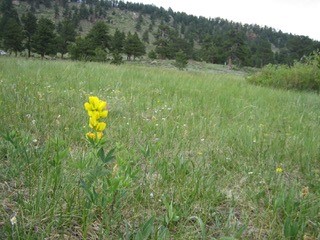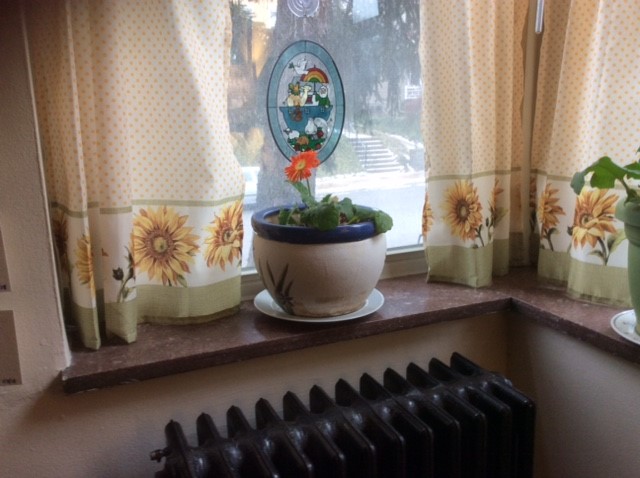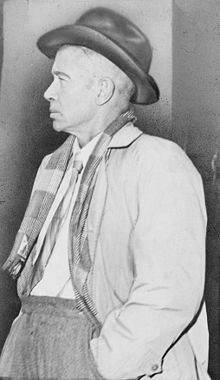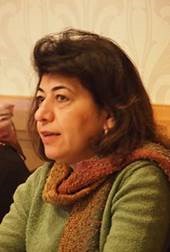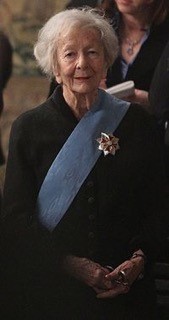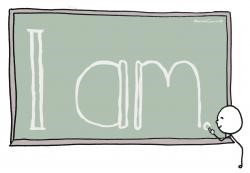last posted on February 29, 2016
Monday, February 19, 2018
“It can be your brain, your
fingers, your toes,
You can listen anywhere”
Poems appear sometimes like this — a friend sends me a poem; it sits on the edge of awareness for 2 months; I finally notice the poem, read it, am moved by it, look around internet places to learn a little about the poet, and write a post to contextualize it. Paying attention to one poem this time introduced me to a poetry list titled “Poetry — for better or worse: My favorite poems, one by one” at a cheeky website http://tiltingourheadsup.blogspot.com. So far I have not found the editor’s name.
For a mid-day Monday in February, how do you like this poem, written by a fifth grader? This young poet reminds me to thank February, 2018 for its blessings.
This past weekend, too, 4 junior faculty members, all women who live & work within STEM disciplines (biology, electrical engineering, mechanical engineering, physicians assistant) drove down I-75 to Xavier Univeristy for this year’s Faculty Conversations Weekend, conversations about gender and justice. Talking with them the past few days before they headed south fills me with joy and respect.
Best to read the poem out loud, w. pauses.
Have a blest Monday.
john sj
Today’s Post: “Waiting in Line”:
[Curator’s note: Nick Penna was in fifth grade when he wrote this poem.]
When you listen you reach
into dark corners and
pull out your wonders.
When you listen your
ideas come in and out
like they were waiting in line.
Your ears don’t always listen.
It can be your brain, your
fingers, your toes.
You can listen anywhere.
Your mind might not want to go.
If you can listen you can find
answers to questions you didn’t know.
If you have listened, truly
listened, you don’t find your
self alone.
Waiting in Line, Nick Penna from Poetic Medicine, the Healing Art of Poem Making”, John Fox @ Jeremy P Tarcher, Putnam 1997
Posted in “A Year of Being Here” Phyllis Cole-Dai January 29, 2013


